Below is a transcript of this video.
My name is Wally Harrison, I'm a Yorta Yorta man, but also Dja Dja Wurrung from my father. He was born in Lake Tyers on the mission in Gippsland - he was moved down there, our people. I'm lucky to be owned by the Dja Dja Wurrung people and Yorta Yorta people who come from those lands, I connect to them very spiritually.
I am a father, a grandfather, a husband. I have four beautiful children, three sons, one daughter and five grandchildren. I’m also very, very fortunate to have a very large family with ten of us, and from mum and dad I have been blessed to have five sisters and three brothers - I lost a brother when he was in Mooroopna. I have a large community family as well - cousins, nephews, nieces from all over the place.
Our culture is everything, our family is everything. If we haven't got culture, we haven't got a lot. If we haven't got family, that’s the same - we haven't got a lot. That's who I am. I am very, very proud to be the man that I am today.
As an Aboriginal man, Country is everything to us. When I look at our Country today and when I look back to what it was 200 years ago, it's like a cancer. Colonisation has impacted our country so much. When we talk about healing, it's about addressing what we've lost. We address those, all the impacts of colonisation.
A lot of Aboriginal men don't get to the age that we're at today, I'm lucky to be 65 and a grandfather. I never got to know my grandfathers very well because they died very, very young. When my children come across to visit us with their grandchildren, and the grandchildren come and sit on my knee, I look at my son who's looking at me. I never got that opportunity to to feel the way that they feel, how connection with a grandfather should feel.
I question myself whether I’m doing the right thing, am I holding my grandson the right way? It's those impacts that we have to heal. We Aboriginal men have to live longer, Aboriginal people have to live longer, to get further. All the other impacts, like racism, discrimination - we can heal. We have to heal but it's going to take time. We need a better lifestyle, we need stronger people to advocate for us to get to where we need to be.
Being on Country is so important. I come from Cummeragunja. My mum and dad were married up and on Dashers paddock, so they got involved in the walk off from Cummeragunja to Dashers paddock. Through the half caste act dad left Lake Tyers, and him and his brother, Uncle Roy, hitch hiked up to the Murray and got jobs on the Murray River, cutting firewood for the river boats.
He then met Mama at Dashers paddock and they got married - actually got a lovely photo that sits on our mantelpiece on their wedding day, with the little cousins standing around them on Dashers paddock.
Knowing when I go back to Mooroopna, Dashers paddock to Cummeragunja it makes me feel like there's a there's a sense of safety out there. It holds you.
For me, growing up, I grew up in a mill town in Hillsall - a two bedroom house, Millhouse, which was made of paling boards and there were 10 of us in that two room house before we got a mission house. I learned what family was all about and the strength that we got from that living in that community. But life for us, growing up in a little town like that, we experienced - because we're a large family in a predominantly white community - we were impacted by a lot of racism.
From a very young age, myself and my brothers learned how to survive. Going out on Country, just walking, going in the creeks, fishing. Very, very lucky. Dad taught us how to fish, how to make spears, boomerangs. So those are the sort of things that I'll always cherish, and it's always for me a part of my Country.
Healing has to start from community. It has to be adopted by families, community - to let go of the past and look forward to tomorrow, I think we have to address the discrimination, the racism. Healing is addressing the all the shame that that's there in regards to not knowing who you are, where you belong. There's a lot of people out there today who don't know who they are, where they're from. And there's a certain amount of shame about not knowing your story. One great fellow I know said 'if you don't know who you are or where you're from, how can you go forward in life? How can you go forward if you don't know who you are?'
I’ve worked in family violence for many, many years. I work with men that are not connected to, are impacted by a lot of issues that are in the community. They're not connected to what they're doing. For that and Link-Up, it's about healing for those people and providing. If I can be a vessel for them to heal, that's what I'll be. I cherish the work that I do, I love it. I see myself as an old man that's able to give back to younger Aboriginal men, to to be positive role models in their lives and to heal.
We have to break down the barriers, we have to educate non-Aboriginal people about who we are. We don't have to explain who we are, it’s up to them to know who we are and to do the work to understand about our culture.
I think we have we have a duty of care to advocate for our families, to open doors for them, to help them in the community, to advocate for better things for our people. In regards to non Aboriginal people not understanding that, it's a barrier. Education-wise, both in school and in the workplaces. I had a young girl ask me one time 'what does treaty mean to you Uncle Wal?' I said, treaty about having an understanding about equalness. We have an opportunity with treaty, and all the other processes that are out there today.


